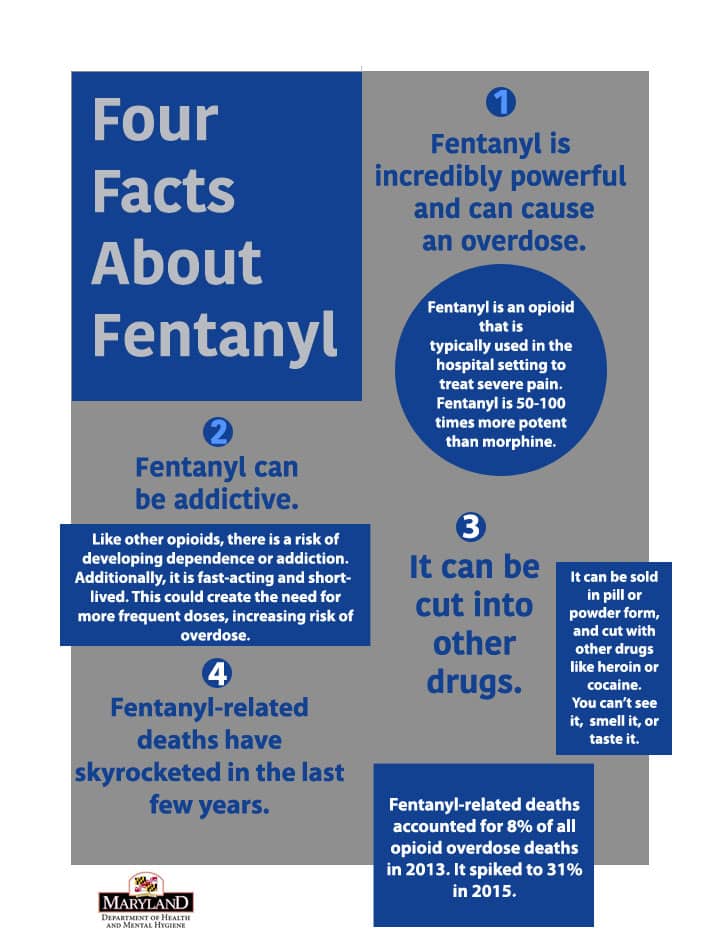Some Key Facts About Fentanyl

Introduction
Fentanyl, a potent synthetic opioid, has garnered significant attention in recent years due to its role in the opioid epidemic. Understanding some key facts about Fentanyl is crucial for both healthcare professionals and the general public. In this article, we will explore the ins and outs of Fentanyl, from its uses to its potential dangers.
Fentanyl: An Overview
Fentanyl is a synthetic opioid that is used medically for its powerful pain-relieving properties. This section provides an overview of this medication.
The Origins of Fentanyl
Fentanyl was first synthesized in the 1960s and was originally intended for use as an anesthetic during surgery. However, its use has since expanded to include pain management.
Medical Uses
- Pain Management: Fentanyl is primarily used to manage severe pain, such as that experienced by cancer patients or those undergoing major surgery.
- Anesthesia: It is also employed as an anesthetic agent in combination with other medications.
Administration
Fentanyl can be administered in various forms, including patches, lozenges, injections, and nasal sprays.

Some Key Facts About Fentanyl
In this section, we will delve into some essential facts about Fentanyl, shedding light on its properties and effects.
Potency
Fentanyl is remarkably potent, estimated to be 50 to 100 times more potent than morphine and 50 times more potent than heroin. Due to its potency, it requires careful dosing and monitoring.
Risks and Dangers
- Overdose Risk: Fentanyl’s potency increases the risk of overdose, particularly when used improperly.
- Illicit Use: Fentanyl is sometimes illicitly manufactured and sold on the black market, contributing to overdose deaths.
Side Effects
Common side effects of Fentanyl use include dizziness, nausea, constipation, and respiratory depression.
Frequently Asked Questions
What is Fentanyl used for?
Fentanyl is primarily used for managing severe pain, often in cancer patients or during major surgeries.
How is Fentanyl different from other opioids?
Fentanyl is significantly more potent than other opioids like morphine and heroin, making it effective in managing severe pain but also more dangerous when misused.
What are the signs of a Fentanyl overdose?
Signs of a Fentanyl overdose may include difficulty breathing, confusion, and extreme drowsiness. It is a medical emergency that requires immediate attention.
Can Fentanyl be addictive?
Yes, like other opioids, Fentanyl has a potential for addiction, especially when used recreationally or outside medical supervision.
Is Fentanyl safe for long-term use?
Fentanyl is generally not recommended for long-term use due to its potential for addiction and side effects.
Are there alternatives to Fentanyl for pain management?
Yes, there are alternative pain management options, including non-opioid medications and non-pharmacological treatments like physical therapy.
Conclusion
In conclusion, understanding some key facts about Fentanyl is essential for anyone who may encounter this medication. While it can provide significant pain relief when used properly under medical supervision, it also poses substantial risks, particularly when misused. It’s crucial to use Fentanyl responsibly and be aware of the potential dangers associated with it.







